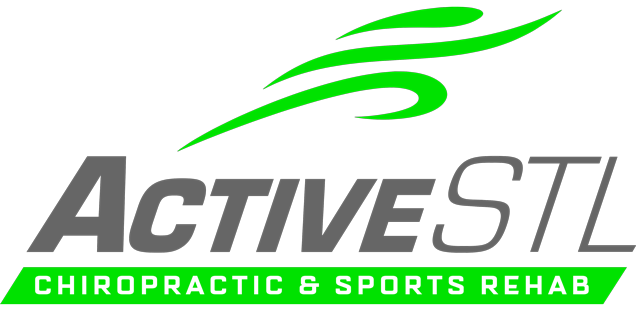Pushing Too Hard: How to Recognize the Hidden Signs of Overtraining
It started with a small victory.
You woke up early, laced up your shoes, and hit the gym before the world was awake.
The sweat, the burn, the discipline—it felt good.
Days turned into weeks, and soon you were stacking workouts like bricks.
A double session here, an extra run there.
At first, the results showed: stronger lifts, faster runs, more confidence.
But then something shifted.
The weights felt heavier, your legs dragged, and that same fire that once got you out of bed began to dim.
You chalked it up to stress, or maybe a bad night’s sleep.
But in reality, your body was sending you a message: you might be overtraining.
What Is Overtraining?
Overtraining happens when the body’s stress load from exercise outweighs its ability to recover.
Training breaks your body down; recovery is where the rebuilding happens.
Without enough rest, the balance tips, and instead of getting fitter, you spiral into fatigue, poor performance, and even injury.
Common Symptoms of Overtraining
Some red flags are well-known, but others are subtle and easy to dismiss:
The Obvious Ones
- Persistent fatigue – not just tired, but drained no matter how much sleep you get.
- Decreased performance – slower runs, weaker lifts, workouts that feel harder than they should.
- Frequent soreness or injuries – nagging aches that don’t fully heal.
The Overlooked Signs
- Mood changes – irritability, lack of motivation, or even mild depression.
- Poor sleep – difficulty falling or staying asleep despite exhaustion.
- Weakened immunity – catching colds or bugs more often than usual.
- Elevated resting heart rate – your body is stuck in “fight or flight” mode.
- Loss of appetite – when your body is overstressed, digestion often takes a back seat.
How to Recognize It Early
Pay attention to your patterns. Are you pushing through exhaustion because you “should,” even when your body is asking for a break? Are you ignoring subtle changes in mood, energy, or appetite? Tracking your workouts, sleep, and how you feel can reveal when your recovery isn’t keeping pace with your training.
What to Do About It
- Rest and recover – take a few days off or schedule lighter activity like walking, stretching, or yoga.
- Prioritize sleep – recovery hormones are released while you sleep, so quality rest is non-negotiable.
- Fuel properly – eat enough calories, protein, and carbs to support training. Under-eating worsens overtraining.
- Vary intensity – cycle hard and easy days, and program rest days intentionally.
- Listen to your body – pain, fatigue, and burnout aren’t signs of weakness; they’re signals to adjust.
The Bottom Line
Overtraining isn’t about how tough you are—it’s about ignoring the balance your body needs to thrive.
Training is only half the equation; recovery completes the picture.
By recognizing the signs early and giving your body time to heal, you’ll not only avoid setbacks but come back stronger, fitter, and ready to chase your goals with energy again.


